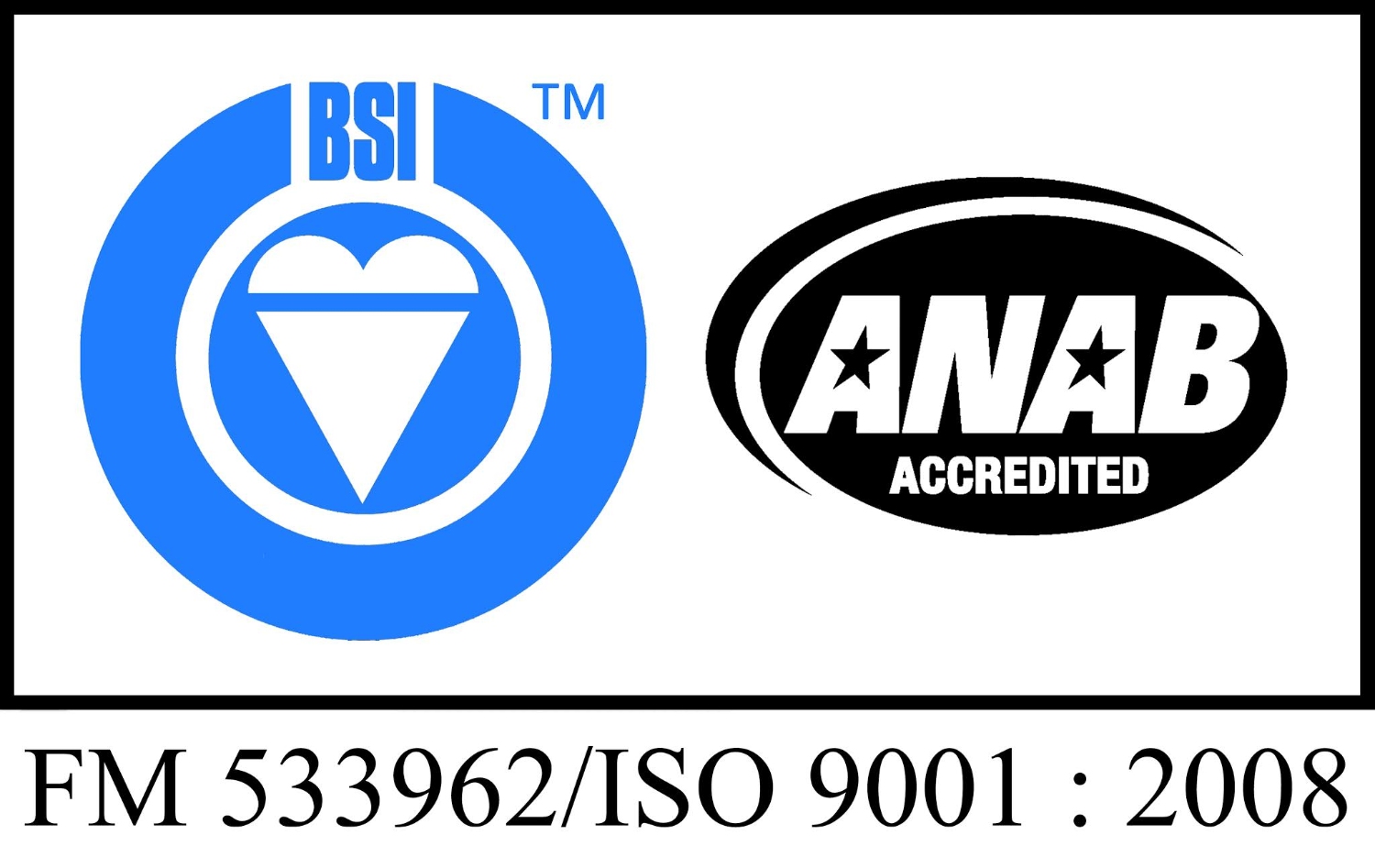In various industries, from construction and manufacturing to repairs, loose nails are a critical tool. Whether you’re working on a major construction site or performing small repairs around the house, the right nails can make all the difference. But do you truly understand how to select the right type of loose nails for different tasks? Choosing the wrong type of nail can lead to inefficient results, wasted resources, or even safety hazards. In this article, we will dive deep into understanding the different types and why United Nail loose nails stand out as one of the top choices for professionals and DIY enthusiasts alike.
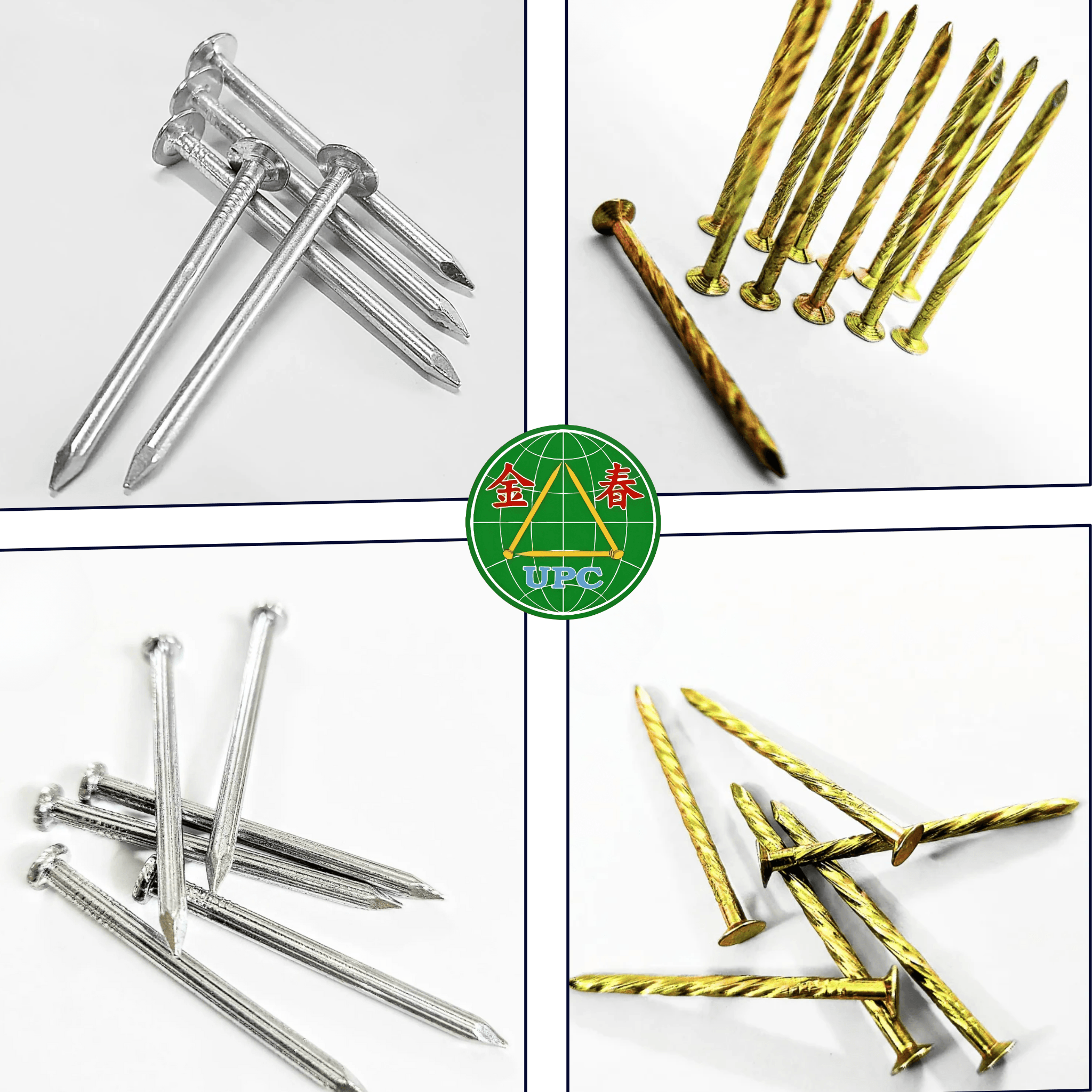
MỤC LỤC BÀI VIẾT
What Are Loose Nails?
Loose nails, also known as bulk nails, are nails that are sold individually or in bulk, without being collated or connected. Unlike coil nails or strip nails, which are pre-connected in strips or coils for use with specialized nail guns, loose nails are simply individual nails that can be used manually with a hammer or in simpler machinery. These nails come in a wide variety of shapes, sizes, and materials, making them adaptable for different applications.
The lack of pre-assembly means loose nails offer flexibility, as users can select the exact number needed for each job without being bound to a specific format or quantity. This makes them ideal for tasks where precision, versatility, and ease of use are paramount. The simplicity of their design also contributes to their affordability, making them a go-to solution for many types of projects.
Advantages
Here’s why loose nails might be the right choice for you:
- Ease of Use: The biggest advantage of loose nails is their simplicity. You don’t need a specialized tool like a nail gun to use them. A basic hammer will do the job, making them perfect for casual DIYers or for small-scale repairs and constructions.
- High Versatility: Loose nails are incredibly versatile. They are used across a variety of industries, including construction, carpentry, and home repairs. From securing wooden frames to fixing sheet metal, loose nails can be used on various materials, making them an essential tool for anyone working with fasteners.
- Cost-Effective: Without the need for additional packaging, collating, or specific tools, loose nails tend to be more affordable than other types of nails. For small jobs, they are the best option when cost is a concern. In bulk, they are also an ideal choice for large projects where large quantities of nails are required.
- Quick and Easy to Replace: When you run out of nails, you can easily buy more without the need for any special ordering or waiting for collated nails to arrive. This makes loose nails a convenient choice for emergency repairs or projects where you need to work quickly.
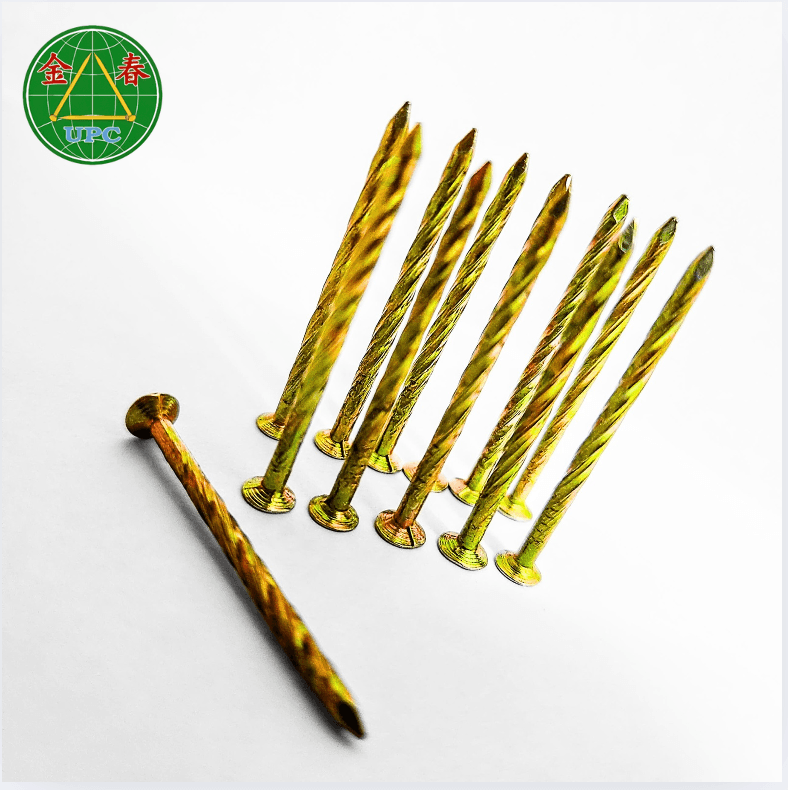
Types of Loose Nails
Not all loose nails are created equal. There are different types of nails suited to different tasks. Understanding which type to use can ensure that your project runs smoothly and that you achieve the best results. Here are some of the most common types of loose nails:
- Smooth Shank Nails: These nails have a smooth shaft and are typically used for light tasks. They are easy to drive into wood or soft materials and are often used in home construction or light furniture building. Smooth shank nails are easier to remove than other types, which can be beneficial for repairs.
- Spiral Shank Nails: These nails are designed with a spiral thread around the shank, which helps to increase their holding power. Spiral shank nails are great for more demanding applications, such as framing, decking, and securing heavy materials. Their increased grip makes them ideal for construction projects where a stronger hold is necessary.
- Ring Shank Nails: Ring shank nails are designed with a series of rings or grooves around the shank, providing even more holding power than spiral nails. They are particularly useful for high-stress applications, such as attaching flooring or exterior construction where materials need to stay firmly in place.
- Large Head Nails: These nails feature a larger head, providing a wider surface area for contact with the material. They help distribute the pressure more evenly and reduce the chance of the nail pulling through soft or delicate materials like plastic, insulation, or softwood. Large head nails are often used in roofing, siding, and other exterior applications.
- Clout Nails: These are flat-headed nails, typically used for fixing roofing felt or other soft materials. The broad head offers excellent grip, preventing material from tearing or becoming loose over time.
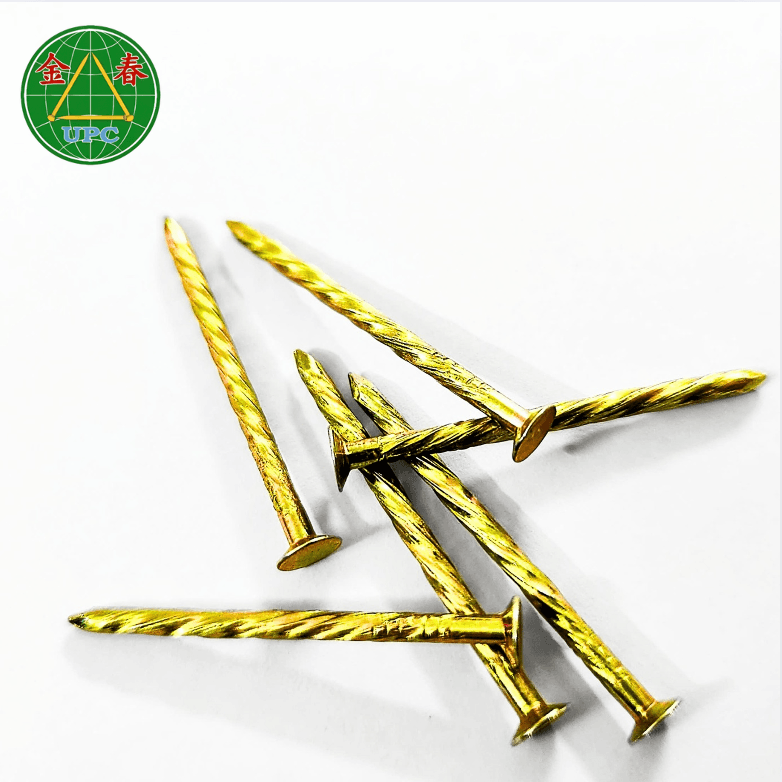
Why Choose United Nail Loose Nails?
When it comes to choosing loose nails, United Nail is a brand you can trust. Known for their consistency, durability, and high-quality manufacturing, United Nail loose nails are ideal for anyone who wants to get the job done right the first time. The brand has built its reputation through years of producing reliable nails that are used in a wide range of applications, from professional construction sites to home DIY projects.
Here are some reasons why United Nail loose nails stand out:
- Consistent Quality: With strict quality control processes, United Nail ensures that each nail meets high standards for strength, corrosion resistance, and durability. This means you can count on them to hold up in the long term, even in challenging environments.
- Wide Range of Sizes: Whether you’re working on a small home project or a large industrial construction job, United Nail loose nails come in various sizes to suit different materials and applications. No matter the complexity of your project, there is a United Nail loose nail that fits your needs.
- Durability: Corrosion-resistant coatings, such as galvanized finishes, ensure that the nails are suitable for outdoor use or in environments exposed to moisture. These features help increase the lifespan of the nails, even in harsh conditions.
- Affordable: While quality is paramount, United Nail loose nails are still highly affordable, offering excellent value for money. Whether you’re buying in bulk for a large project or a few nails for a smaller job, United Nail provides a cost-effective solution without compromising on performance.
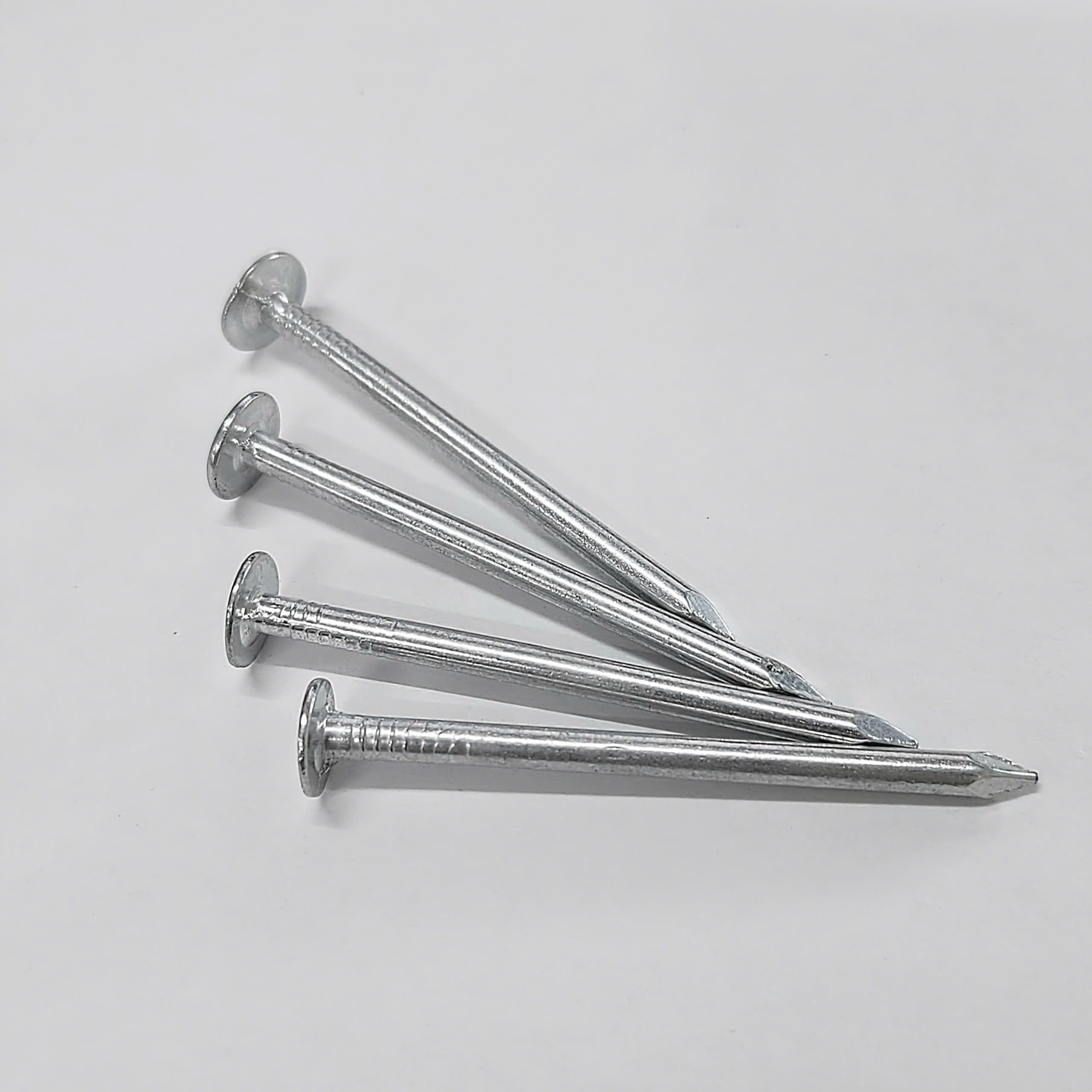
Applications of Loose Nails
The versatility of loose nails makes them suitable for a wide variety of applications:
- Construction: Loose nails are essential in any construction project. Whether framing a house, building a deck, or installing windows, nails are needed to hold everything in place. United Nail loose nails are ideal for use in these applications, where strength and durability are critical.
- Home Repairs: If you need to repair furniture, hang artwork, or fix a broken fence, loose nails are the perfect solution. They allow you to quickly and efficiently complete repairs without the need for specialized tools.
- Woodworking: Woodworkers often use loose nails in cabinetry, furniture making, and other carpentry tasks. The flexibility in choosing nail sizes and types ensures that loose nails can be used for both structural and decorative purposes.
- Roofing and Siding: Roofing nails are often sold as loose nails, especially in larger quantities. With United Nail loose nails, you can secure roofing shingles, siding panels, and other materials to provide long-lasting protection against the elements.

How to Choose the Right Nails for Your Project
Choosing the right nails for your project can significantly impact the quality and efficiency of your work. Here are some tips for selecting the correct nails:
- Material and Length: The material you are working with plays a significant role in selecting the right nail. For softer materials like plywood or drywall, shorter nails may suffice. However, for harder materials like hardwood or concrete, you may need longer nails with increased holding power.
- Coating and Finish: For outdoor or high-moisture areas, galvanized or stainless steel loose nails are a must. These coatings prevent rust and corrosion, ensuring that the nails hold up well in challenging environments.
- Nail Type: Consider the type of nail you need. For light-duty tasks, smooth shank nails may work well, but for heavy-duty applications like framing or construction, spike nails or ring shank nails are preferable for added grip and strength.
- Quantity: Always buy enough nails to complete your project, but avoid over-purchasing. Loose nails are often sold in bulk, so estimate the number you will need before buying to ensure that you don’t waste money.
Conclusion
By understanding the different types of loose nails and their applications, you can ensure that your project is completed efficiently, safely, and professionally. So, the next time you embark on a construction or repair task, make sure you’re choosing the right loose nails for the job. Trust United Nail to provide the best solution for all your fastening needs.
Contact United Nail now to receive many incentives
UNITED NAIL PRODUCTS CO., LTD
Specializing in manufacturing high quality industrial nails and tie wire
Address: 16A8, Tra Noc 1 Industrial park, Tra Noc Ward, Binh Thuy District, Can Tho City, VietNam
Phone: (+84) 986 831838; (+84) 292 242165
Email: sales5@unitednail.com




